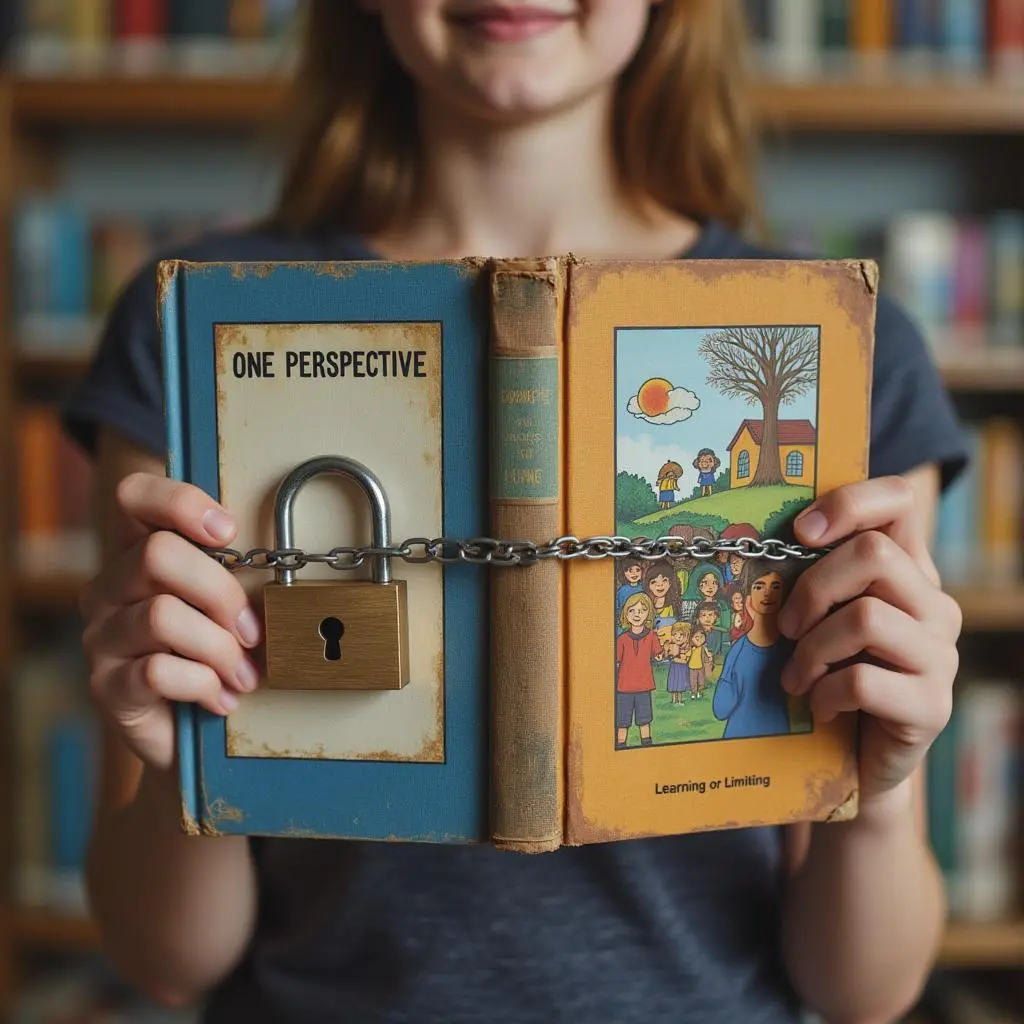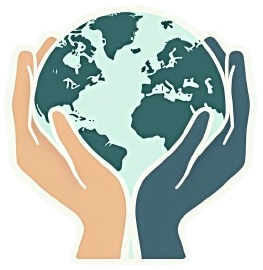Education or Indoctrination: What Are We Really Learning?

Education is often seen as the pathway to personal and societal advancement, but the question remains: are we truly learning or simply being indoctrinated? While schools are meant to foster critical thinking and creativity, many educational systems emphasize conformity, obedience, and adherence to predetermined narratives. This approach limits the scope of learning and discourages questioning the status quo.
Indoctrination in education occurs subtly. From history lessons that glorify specific nations to textbooks that omit uncomfortable truths, students are often exposed to one-sided perspectives. This type of education serves to maintain societal structures and ideologies rather than challenging them. By doing so, it discourages the development of independent thought and critical analysis.
To prevent indoctrination, education must prioritize diversity of thought and inclusivity. Schools should encourage debate and present multiple viewpoints, even on sensitive topics. Teachers should act as facilitators of knowledge, guiding students to form their own opinions rather than imposing specific beliefs. Additionally, curriculums should be regularly updated to reflect modern realities and global perspectives.
Parents and communities also play a critical role in shaping education. By advocating for transparent curriculums and engaging in discussions at home, they can ensure children are exposed to a broader understanding of the world. Supplementing formal education with diverse sources, such as literature, documentaries, and real-world experiences, can help create well-rounded individuals.
The ultimate goal of education should be empowerment, not conformity. By fostering an environment where students are encouraged to ask questions, challenge norms, and think independently, societies can unlock their true potential. Education, when done right, can be a tool for liberation rather than control.
The ultimate goal of education should be empowerment, not conformity. By fostering an environment where students are encouraged to ask questions, challenge norms, and think independently, societies can unlock their true potential. Education, when done right, can be a tool for liberation rather than control.
